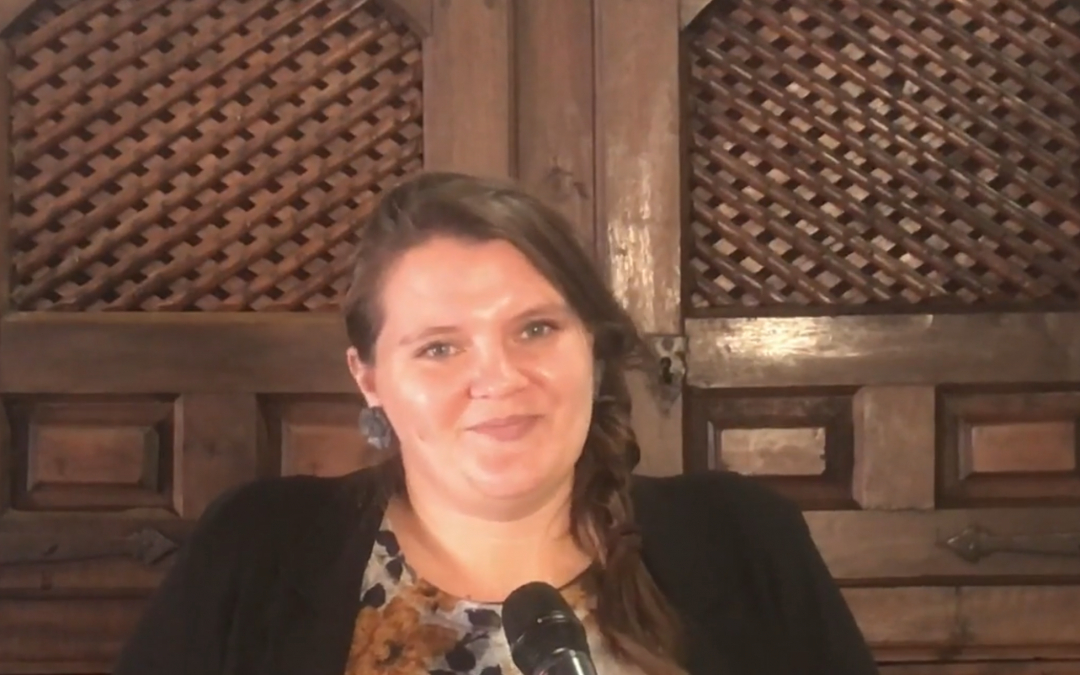During the nineteenth century, ideas about aging were changing. These ideas placed less of an emphasis on tradition and elders and focused more on an idea of a millennial future. They also emphasized the importance of daily practice and bodily conduct, promoting manners and habits for an urban, middle-class society. In particular, they valued personal responsibility, self-improvement, self-discipline, and the accumulation of wealth. Old age became opposed to these ideas as a focus on self-reliance, bodily health, and control over the self came into conflict with an aging or a declining body. . . . These ideas of good and bad aging took on the language of the market, where a good old age was seen to be the dividends paid for a lifetime of self-control, self-reliance, and productivity. On the other hand, those experiencing debility and disease in old age were paying debts accrued through a lack of labor and discipline earlier in life.
—Alanna Warner-Smith
Warner-Smith goes on to “show how slow archaeology and historical bioarchaeology allow for a better view of on-the-ground complexities such that we have a view of Irish immigrant experiences from the feet or the knees or the shoulders up.” “This approach is important,” she says, “because it helps to tell individual stories of people who in life worked as manual laborers and domestic servants, who built the city’s buildings, parks, canals, aqueducts, and subways systems on their literal backs and who in death served as nameless dissection subjects and, later, collection specimens. . . . In slowing down to bring together the archival and skeletal clues and signs, to borrow from Carlo Ginzburg, or in negotiating the various traces and silences that are present in the skeletal and archival remains, to borrow from Michel-Rolph Trouillot, we can best tell the complicated life stories of these individuals.”
Join us on November 4 at 2 p.m. (MST) to hear Warner-Smith discuss “Working Hands, Indebted Bodies: The Bioarchaeology of Labor and Inequality in an Era of Progress.” She is a PhD candidate in the Department of Anthropology at Syracuse University and SAR’s 2020 Paloheimo fellow. Warner-Smith will be speaking as part of our fall Scholar Colloquia series. This online event is free and open to the public.
Register now to learn more about the relationship between human remains and lived experience.
